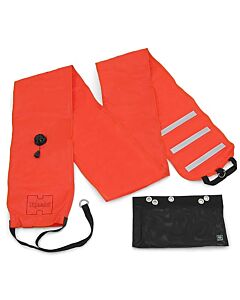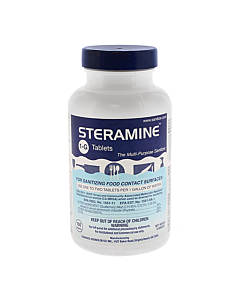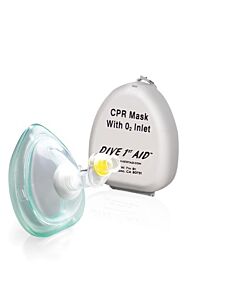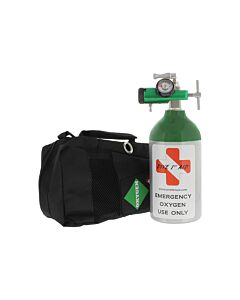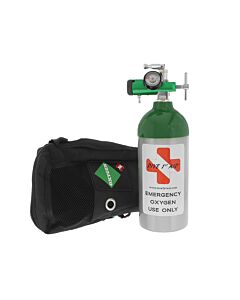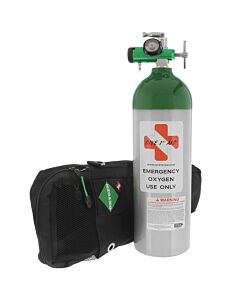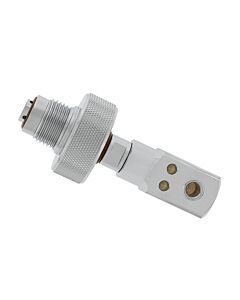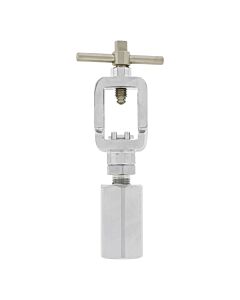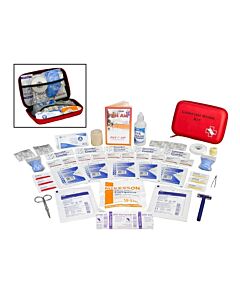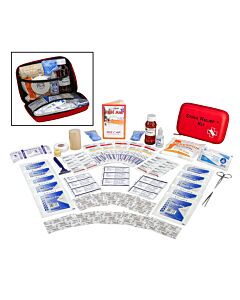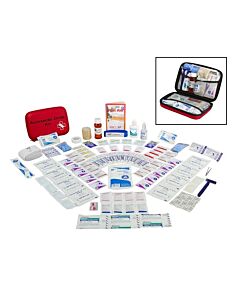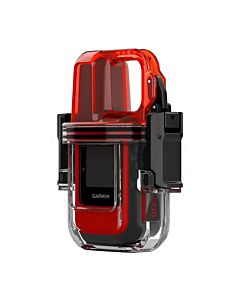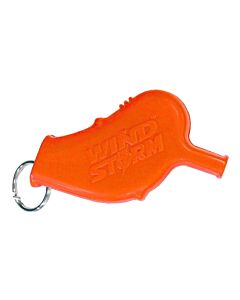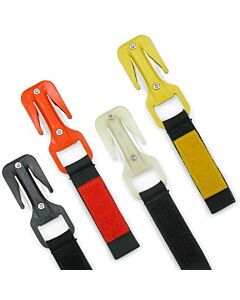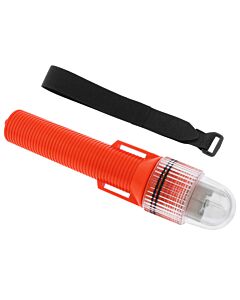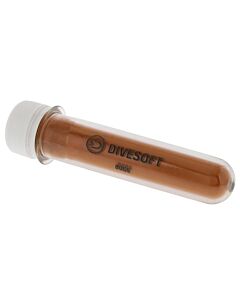Dive 1st Aid - Safety
-
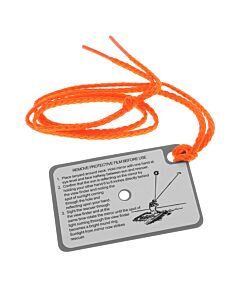 Signaling Mirror$14.95
Signaling Mirror$14.95 -
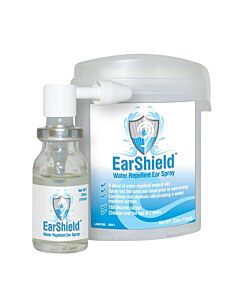 EarShield$24.95
EarShield$24.95 -
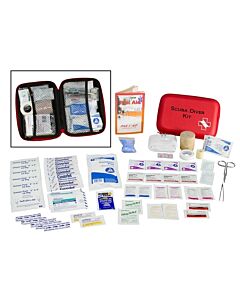 Dive 1st Aid Scuba Diver Kit$24.95
Dive 1st Aid Scuba Diver Kit$24.95 -
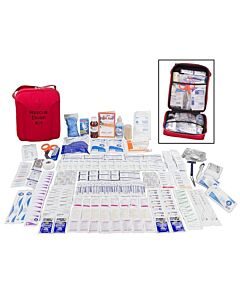 Dive 1st Aid Rescue Diver Kit$109.95
Dive 1st Aid Rescue Diver Kit$109.95 -
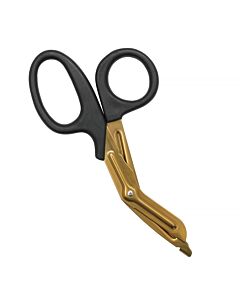 DGX Titanium EMT Shears$8.00
DGX Titanium EMT Shears$8.00 -
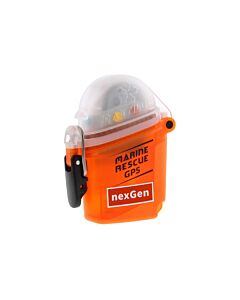 Nautilus Marine Rescue nexGen GPSSpecial Price $199.00 Regular Price $249.00
Nautilus Marine Rescue nexGen GPSSpecial Price $199.00 Regular Price $249.00 -
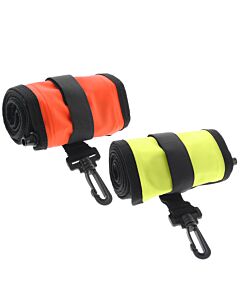 DGX Safety Sausage$20.00
DGX Safety Sausage$20.00 -
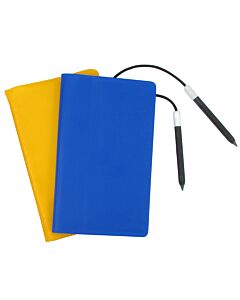 Underwater Notepad$8.00
Underwater Notepad$8.00
Compressor Lubricants and Diver Safety
The USDA Food Grade nature of some synthetic lubricant formulations is often mentioned in the marketing of those lubricants. How important is that to health and safety in breathing air applications? The answer is debatable, but the edibility of lubricants is probably not meaningful for evaluating their safety in breathing gas compressors used for diving applications. While there are some mineral oil and polyalphaolefin lubricants rated as food grade, those lubricants offer inferior performance as compared to ester lubricants. Unfortunately, the high performance ester-based lubricants are too recent a technology to have been evaluated for food grade applications plus food processing applications would not benefit from high performance lubrication in any event. However, both polyalphaolefin-based and ester-based lubricants used in breathing air applications are considered low-toxicity.
It is true that food grade lubricants cannot contain known carcinogens, mutagens, teratogens, mineral acids or contain heavy metal additives such as antimony, arsenic, cadmium, lead, mercury or selenium. These hazardous substances are typically found in lubricants intended for automotive applications, and the reason automotive lubricants must NEVER be used with breathing air compressors. However, lubricants intended for breathing air applications are not formulated with those substances in any case. Regardless, high-pressure compressor lubricants can contain performance enhancing additives for which there is "no data available" about their safety for use in breathing air applications.
The risk of decomposition from high temperature operation or inadequate maintenance of high pressure compressors used in breathing gas applications is far more pernicious. All lubricants begin to decompose over time during usage and this occurs more rapidly in higher temperature conditions. Exceeding usage limits by just 'topping up' the lubricant level instead of complete replacement at recommended intervals will also result in decomposition. The decomposition of lubricant is associated with formation of highly toxic chemical byproducts that can overwhelm and pass through filtration into the SCUBA tank. Ester based lubricants, with their excellent performance in higher temperature applications and superior oxidative stability, may offer significant safety advantage in this regard especially if compressing Nitrox.
To put the lubricant safety issue in perspective for divers: the reality is that mineral oils, polyalphaolefins, and esters have all been used for years to lubricate high-pressure compressors with breathing air applications. For a properly maintained compressor using lubricants suitable for breathing air applications along with filtration to deliver the very pure CGA Grade "E" quality verification level breathing air recommended for SCUBA, the amount of lubricant contamination is so low that their food safety is irrelevant.
